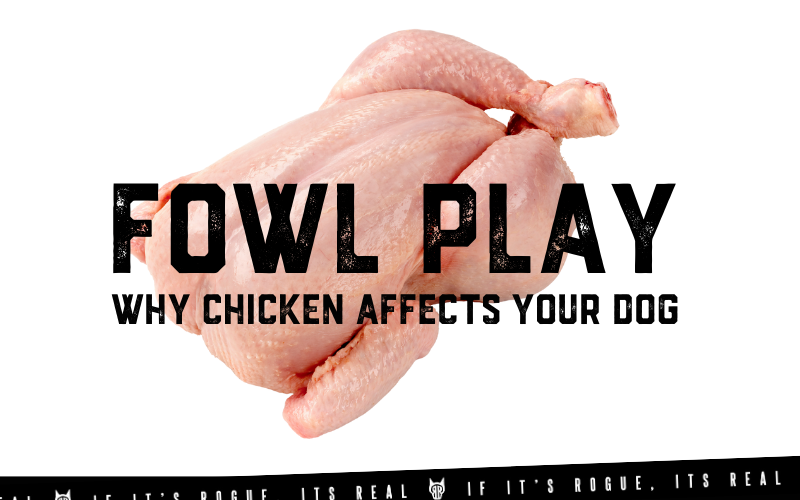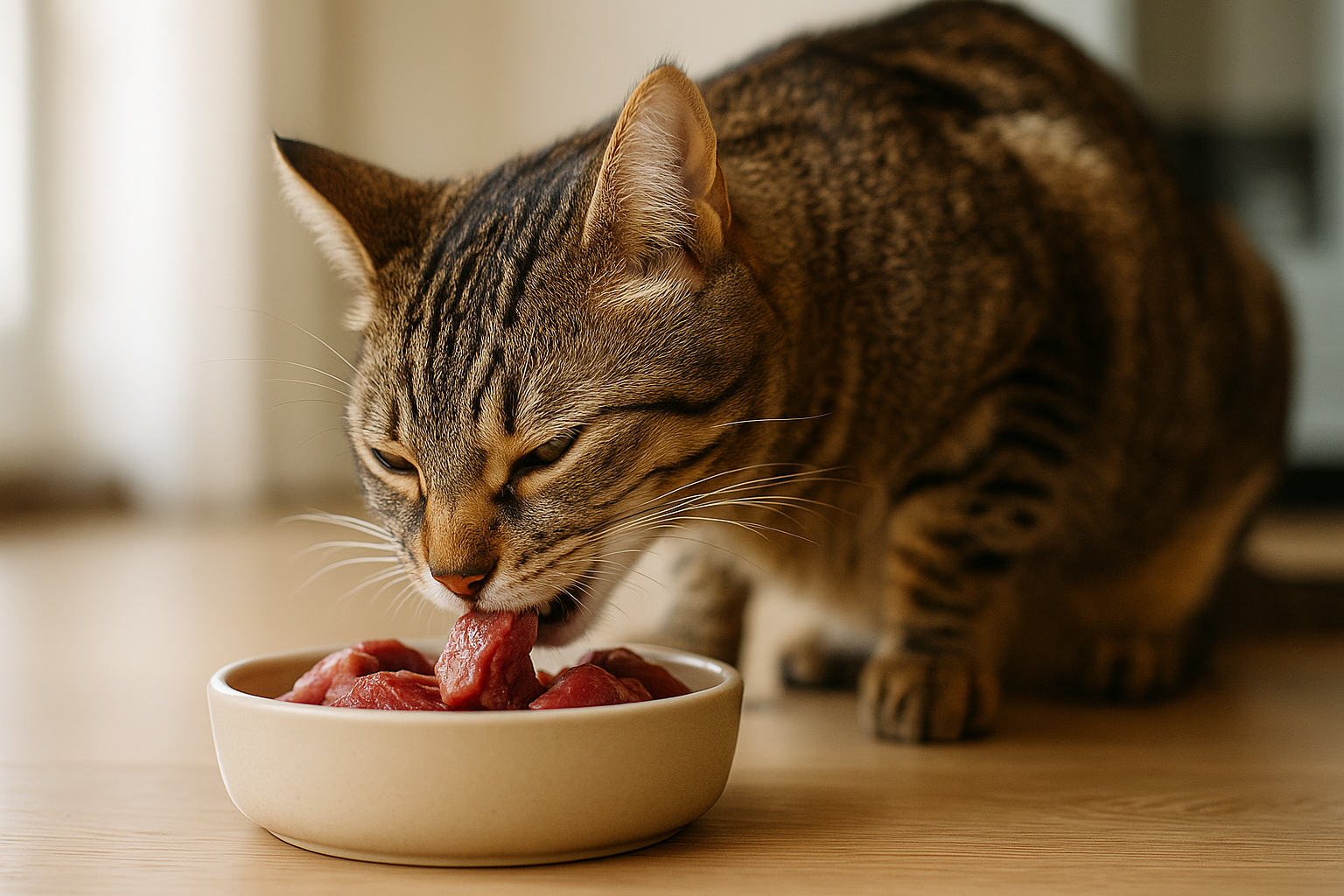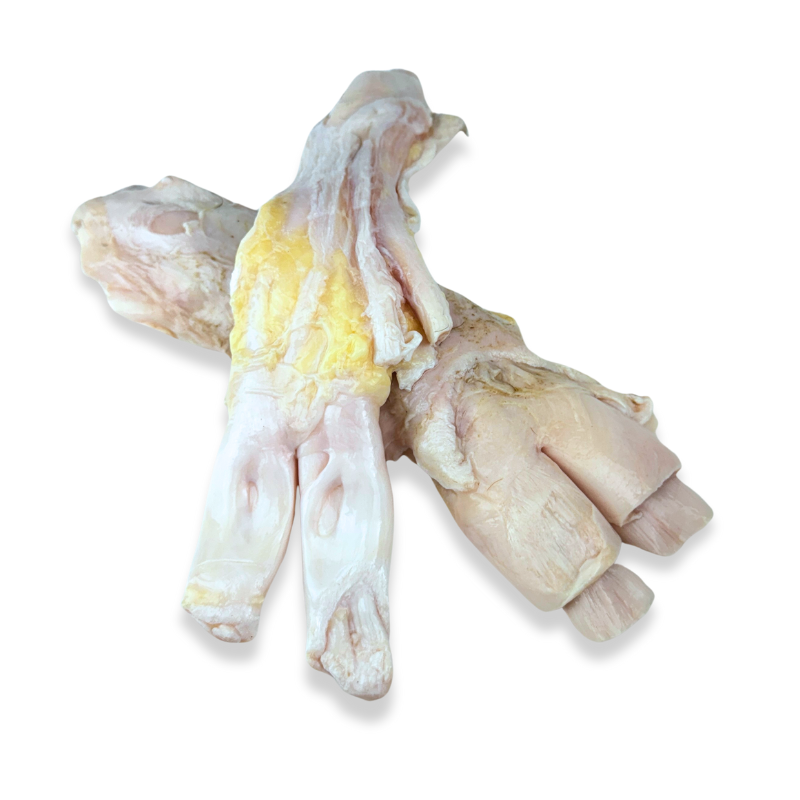
Why we Support Wild/Free-Ranged Produce
Firstly, let's define the difference between the two. Factory farming is the practice of raising large numbers of animals in a confined space. These animals are typically fed a diet of genetically modified grains and are given antibiotics to prevent disease. On the other hand, free-range animals are allowed to roam freely outdoors, graze on grass, and are not given antibiotics unless necessary for treatment. Wild produce refers to food that is grown naturally in its environment without human intervention.
Table of Contents:
Some Benefits of Feeding our pets Wild/Free Ranged Produce:
Better for the environment
One of the most significant advantages of wild/free-range produce is that it is better for the environment. Factory farming is responsible for significant amounts of pollution, greenhouse gas emissions, and deforestation.
Better for animal welfare
Factory farmed animals are confined to small spaces, unable to move around freely or exhibit natural behaviour. Free-range farming, on the other hand, allows animals to move around freely and exhibit natural behaviour. Wild animals, of course, are already living in their natural habitat and are not subjected to any human interference.
More nutritious
Animals that are allowed to graze and roam freely outdoors consume a more natural diet than factory-farmed animals. This diet is more diverse and nutrient-dense, resulting in more nutrient-rich meat. For example, grass-fed beef is higher in omega-3 fatty acids, vitamin E, and beta-carotene than grain-fed beef.
Exposure to Sunlight
Animals that are allowed to graze and roam outdoors have increased exposure to sunlight, which results in higher levels of vitamin D. Vitamin D is an essential nutrient in food for our pets as they CAN NOT absorb vitamin D from sunlight like humans can. In contrast, factory-farmed animals are often kept in confined spaces with little or no access to sunlight, resulting in lower levels of vitamin D in their meat.



